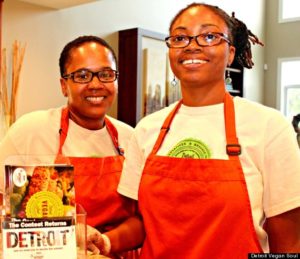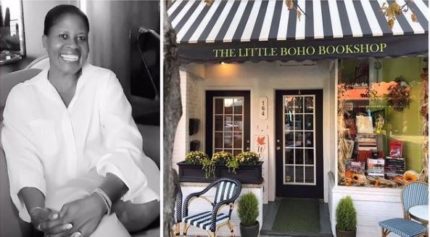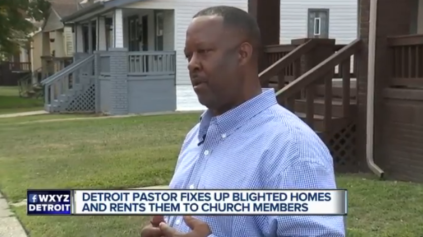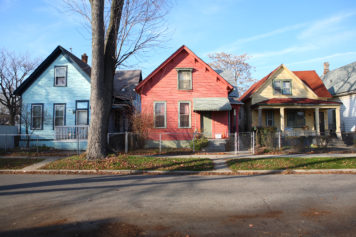Detroit will mark the first anniversary of its bankruptcy filing this Friday, and across the country, people are watching the city to see how it has survived the upheaval.
Despite pending cuts for pensioners, as well as widespread poverty, sobering health and violence statistics and a declining population, Detroiters have expressed cautious optimism about recent changes, which include greater investments in development, promises to improve city services and an ambitious plan to eliminate urban blight.
The largest municipal bankruptcy in U.S. history has also stirred up interest in success stories. Though no one person will fix Detroit, some people have received well-deserved attention for their work to improve the city. A New York Times article last month highlighted hot spots in the Corktown neighborhood, and a story in the same paper earlier this year heralded small businesses.
But something’s missing from those pieces, and from many other articles that examine the city’s resurgence: Black Detroiters, who make up 83 percent of the population.
Stories that claim entrepreneurs are building, revitalizing and even saving Detroit focus primarily on white professionals, often younger and new transplants to the city, a trend that’s palpable and frustrating for locals. When journalists and readers criticized the Times for leaving Blacks out of its Corktown story, the paper’s public editor addressed the lack of diversity in a follow-up, and the writer said she regretted not including a Black-owned business. (A more recent Times story takes a wider-ranging view.)
It’s not difficult to find a Black business owner to speak with, though. There are more than 32,000 in the city, according to U.S. Census Bureau figures from 2007. Many, particularly those who have kept their businesses going on shoestring budgets, feel excluded from conversations about Detroit’s revival and overlooked when it comes to getting access to funds and resources.
“I think, for the most part, Black-owned businesses are not getting a piece of the pie,” bookstore owner Janet Jones told The Huffington Post. “What about people who have been doing the hard work of living and working and having business in Detroit for the last 20 years?”
Despite difficulties, many business owners have had their doors open for decades, something local developer George Stewart, 77, traces back to historical segregation when white business owners refused service to Black customers.
“During the good times and the bad times, Black-owned businesses have been around, primarily serving their community,” said Stewart, who moved to Detroit from Baton Rouge, Louisiana in the 1960s. Such businesses, Stewart said, have long been “circulating resources, building wealth [and] opening doors to other opportunities, such as higher education and lifestyle.”
Read the full story at huffingtonpost.com



